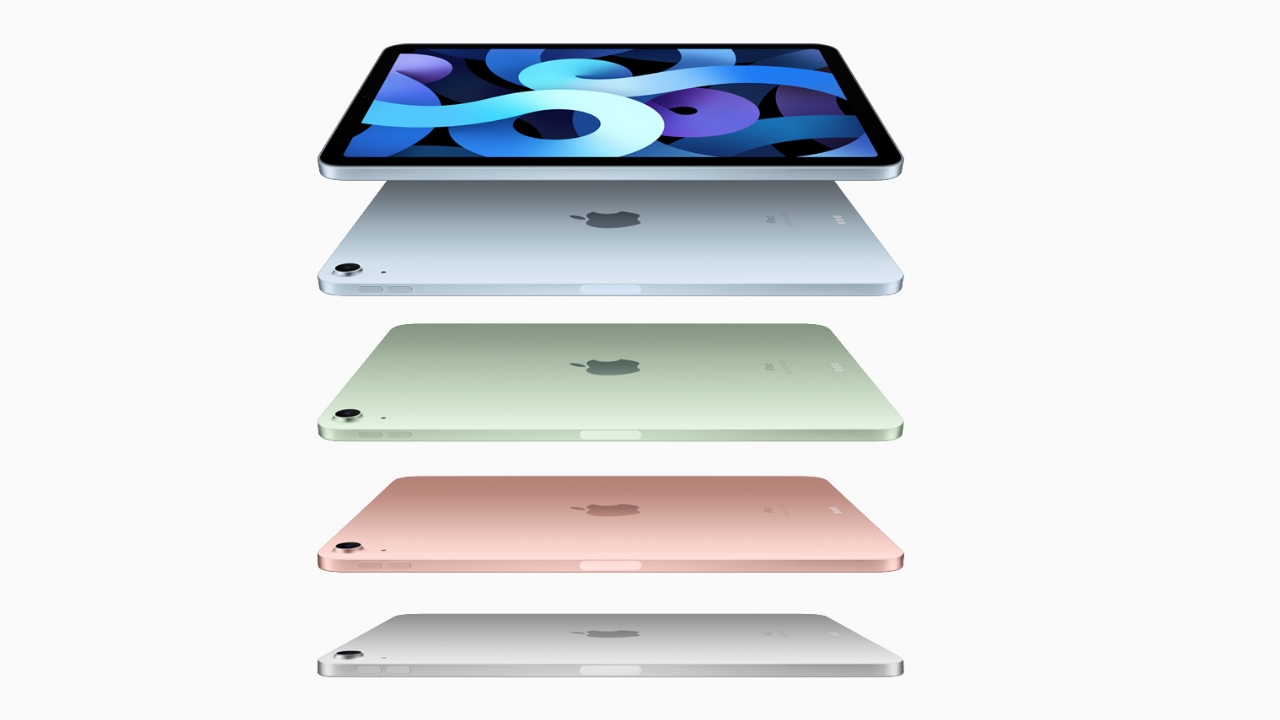iPad Sales Fell in Q2, But It Still Dominates
- Paul Thurrott
- Jul 31, 2021
-
22

The market researchers at Canalys claim that iPad sales fell slightly in Q2 2021, but the platform still easily dominates the tablet market, with a 36.3 percent market share. More to the point, Apple outsold its three closest competitors—Samsung, Lenovo, and Amazon—combined.
“The tablet market has truly put to rest all predictions of a slow demise,” Canalys research analyst Himani Mukka said. “We have now seen a fifth consecutive quarter of year-on-year growth and the industry has many reasons to be optimistic for the future.”
Windows Intelligence In Your Inbox
Sign up for our new free newsletter to get three time-saving tips each Friday — and get free copies of Paul Thurrott's Windows 11 and Windows 10 Field Guides (normally $9.99) as a special welcome gift!
"*" indicates required fields
Apple sold an estimated 14.185 million iPads in Q2, a drop of 0.5 percent from the year-ago quarter, when it sold 14.249 million units. I would call that flat year-over-year (YOY) growth. Apple now controls 36.3 percent of the tablet market, down from 38 percent a year ago.
Samsung sold 7.996 million tablets in Q2, with a growth of 13.8 percent, and it ended the quarter with a 20.5 percent market share. Lenovo came in third with 4.688 million units sold, 75 percent growth, and 12 percent market share. And Amazon was in fourth place with 3.118 million units sold and 8.4 percent market share; sales of Amazon tablets declined by 1.5 percent in the quarter.
Looking ahead, Canalys says that the tablet market faces “an inevitable slowdown in the coming quarters,” but that strong business sales could help overcome flagging consumer interest. The firm also sees stronger integration between the tablet and PC, with smoother workflow transitions between multiple devices, especially with Apple’s products.